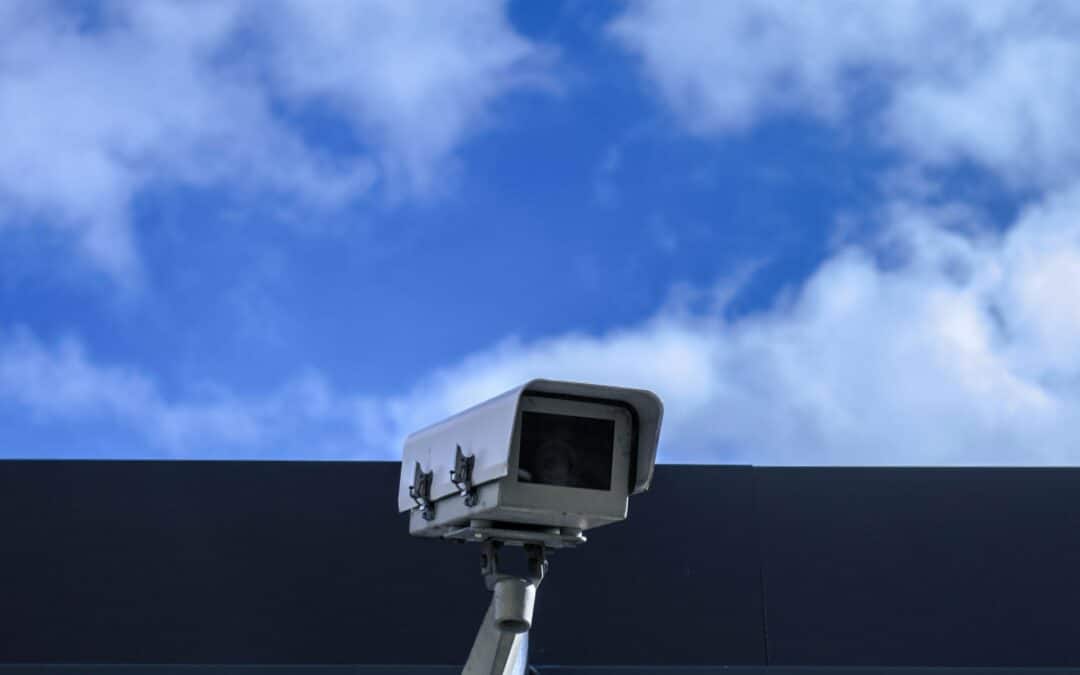Imagine this: you’ve spent an enormous sum of money installing a top-of-the-line CCTV system, hiring some of the highest-rated security guards in the city, and doing your due diligence in screening any prospective employee and training them in proper security procedures. Not only have you created a meticulous inventory system for the cannabis products being grown and distributed from your facility, but you’ve insured everything of value under your roof, just in case.
Then, it happens – your business is targeted by an organized group of criminals and they make off with nearly half a million worth of goods. While unfortunate, you figure that’s what insurance is for. You write up the report, the claims examiner comes to your premises to do their investigation, and a few weeks later…you receive a notice that they’ve denied your claim due to you having the wrong type of door, locking mechanism, bolted safe, proper staff training, etc.
While it may sound unbelievable, this very situation played out for one major cannabis growing operation. Despite the fact that they paid good money to the security vendors who supplied the door, the growers ended up being the sole party on the hook for the $500,000 loss due to an exemption clause in their contract.
While many security vendors advertise the effectiveness of their goods and services, many force their customers to agree to exception clauses that eliminate any kind of supply-side accountability when the system fails. This opens up operators to enormous liabilities, as in the case of the growing operation who was supplied a security door that did not fit within the parameters of their insurance policy.
The problem is multifaceted – on one hand, vendors do not want litigious clients who will sue them the second their security system fails even if their goods or service is not at fault. Insurance policies are also often an impenetrable maze of legalese, which makes it difficult for vendors to determine whether the items or services they’re supplying are within the parameters of the policy.
On the other hand, exception clauses are also used to cover up for any failures on the part of the vendor. Poorly trained guards, CCTV feeds that are unwatched during the commission of a crime, and genuinely faulty equipment are often left unpunished due to a cleverly worded clause that a client unwittingly signed on to during the negotiation process.
This is where security experts like Cannabis Compliance Security Solutions come into play. A part of the service CCSS provides is contract and negotiation support, which provides the operator with insurance coverage for any equipment and product that they own and produce.
During this process, the experts at CCSS get well acquainted with the items stipulated in the fine print of the policy. With this knowledge in hand, CCSS gets the operator in contact with vendors that can supply them with the materials they need to not only physically secure the premises but also ensure that any losses will be covered by their policy.
During the security vendor negotiation process, CCSS can also spot and help eliminate exclusion clauses in the contract, which keeps vendors accountable for failures on their end. If a vendor’s product or service fails at an essential task, CCSS will help ensure that they are culpable for at least some of the losses incurred.
The vendor accountability problem can be summed up as ‘who has skin in the game’. CCSS believes that operators shouldn’t shoulder 100% of the responsibility 100% of the time and will work to make sure that any security vendor you work with will have a reasonable allocation of risk and responsibility for the work they were paid to do and perform.


Recent Comments